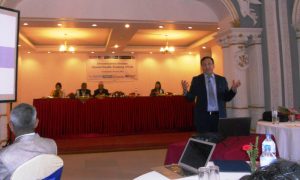 On the last day of April we presented our key findings from the THET-funded project on Mental Health Training for Rural Community-based Maternity Care Workers in Nepal. The session in Hotel Yak & Yeti in central Kathmandu was jointly organised by Tribhuvan University with Bournemouth University and Liverpool John Moores University (LJMU). Mental health is high on the global agenda and increasingly so in Nepal. Mental health in pregnant women and new mothers is increasing recognised across the world. However, for many people in Nepal mental health problems are still difficult topics to discuss.
On the last day of April we presented our key findings from the THET-funded project on Mental Health Training for Rural Community-based Maternity Care Workers in Nepal. The session in Hotel Yak & Yeti in central Kathmandu was jointly organised by Tribhuvan University with Bournemouth University and Liverpool John Moores University (LJMU). Mental health is high on the global agenda and increasingly so in Nepal. Mental health in pregnant women and new mothers is increasing recognised across the world. However, for many people in Nepal mental health problems are still difficult topics to discuss.
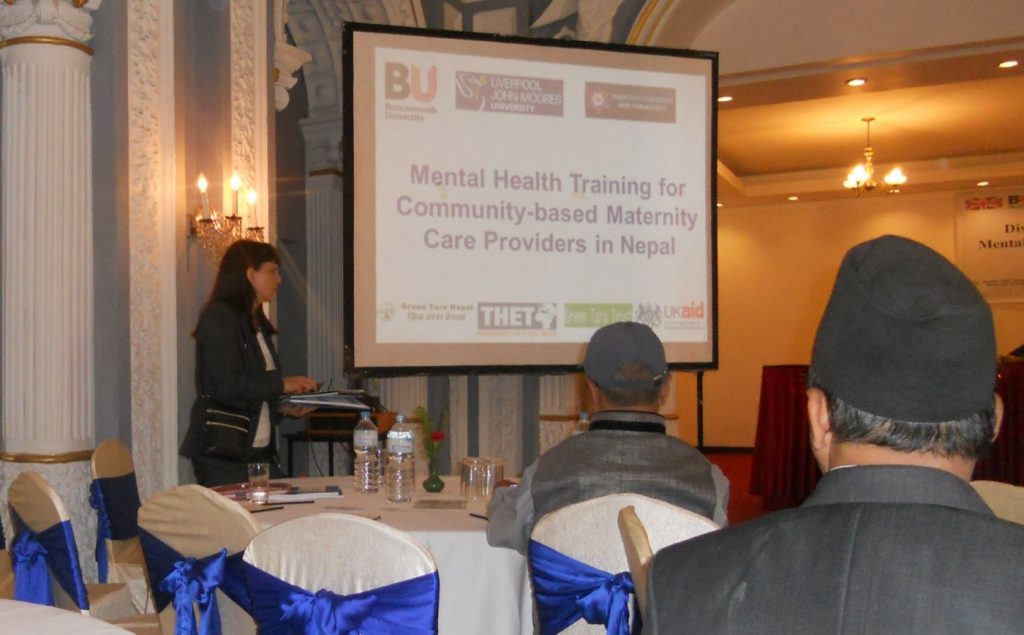 The team presented slides on mental health in maternity care issue, the curriculum review, the intervention and the volunteers and various aspects of the evaluation. The slide (below) highlighting a few mishaps with UK volunteers definitely got the most laughs.
The team presented slides on mental health in maternity care issue, the curriculum review, the intervention and the volunteers and various aspects of the evaluation. The slide (below) highlighting a few mishaps with UK volunteers definitely got the most laughs. 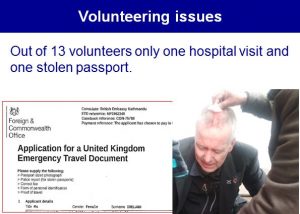
The three universities have been working together training Auxiliary Nurse Midwives in Nawalparasi on key aspects of mental health and mental health promotion. The project led by Bournemouth University was funded under the Health Partnership Scheme (HPS) which is managed by a London-based organisation called THET (Tropical Health & Education Trust).
Prof. Vanora Hundley from FHSS was one of the key speakers commenting on the intervention, the research and its findings. The audience also heard from two of the ANMs who had been in the training and the chief nurse in the district about there views on the UK volunteers and their training sessions. To date the work has resulted in three academic publications, all are Open Access journals. [1-3]
Prof. Edwin van Teijlingen
CMMPH
References:
- Simkhada, B., Sharma, G., Pradhan, S., van Teijlingen, E., Ireland, J., Simkhada, P., Devkota, B. & the THET team. (2016) Needs assessment of mental health training for Auxiliary Nurse Midwives: a cross-sectional survey, Journal of Manmohan Memorial Institute of Health Sciences 2(1): 20-26. http://www.nepjol.info/index.php/JMMIHS/article/view/15793/12738
- Simkhada, P., van Teijlingen E., Winter, R.C., Fanning, C., Dhungel, A., Marahatta S.B. (2015) Why are so many Nepali women killing themselves? A review of key issues Journal of Manmohan Memorial Institute of Health Sciences 1(4): 43-49. http://www.nepjol.info/index.php/JMMIHS/article/view/12001
- van Teijlingen, E., Simkhada, P., Devkota, B., Fanning, P., Ireland, J., Simkhada, B., Sherchan, L., Silwal, R.C., Pradhan, S., Maharjan, S.K., Maharjan, R.K. (2015) Mental health issues in pregnant women in Nepal. Nepal Journal of Epidemiology 5(3): 499-501. http://www.nepjol.info/index.php/NJE/article/view/13607/11007
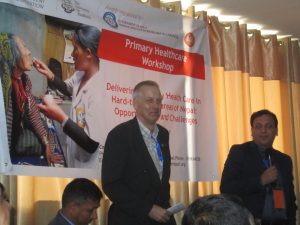



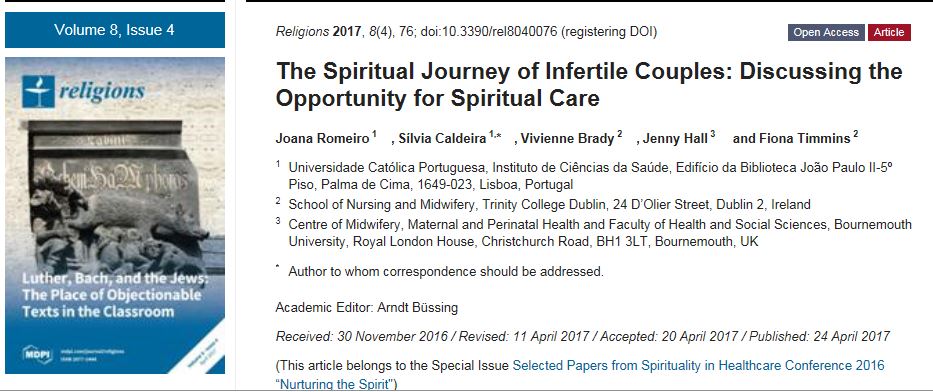
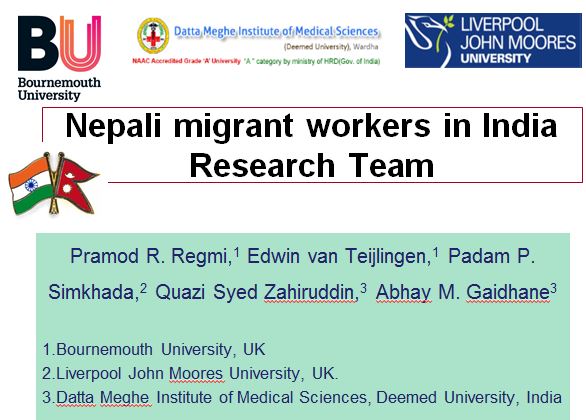









 Why get involved in the ESRC Festival of Social Science this year?
Why get involved in the ESRC Festival of Social Science this year?

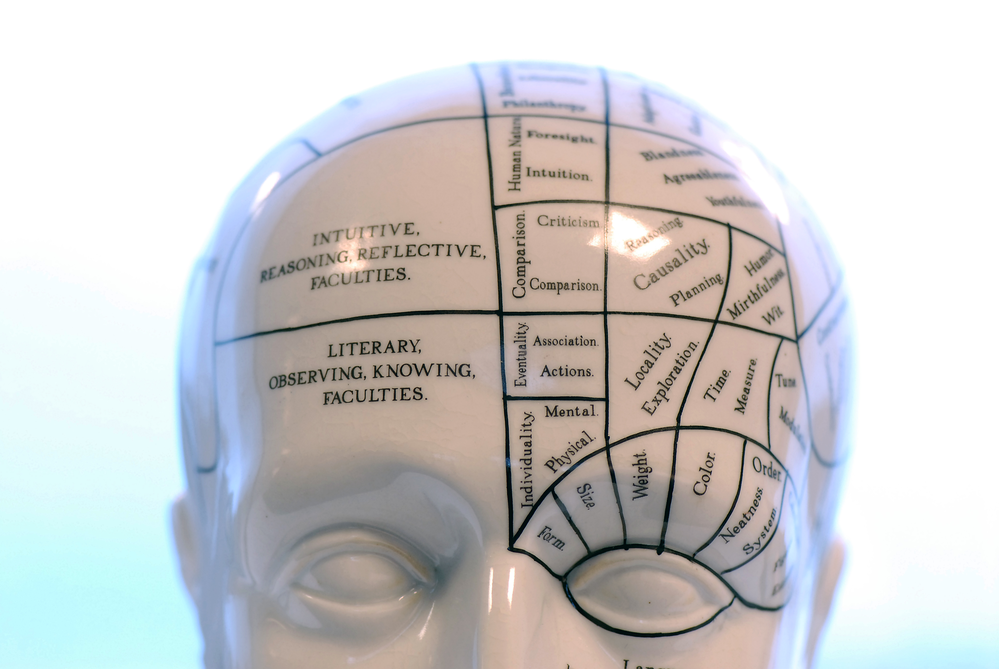
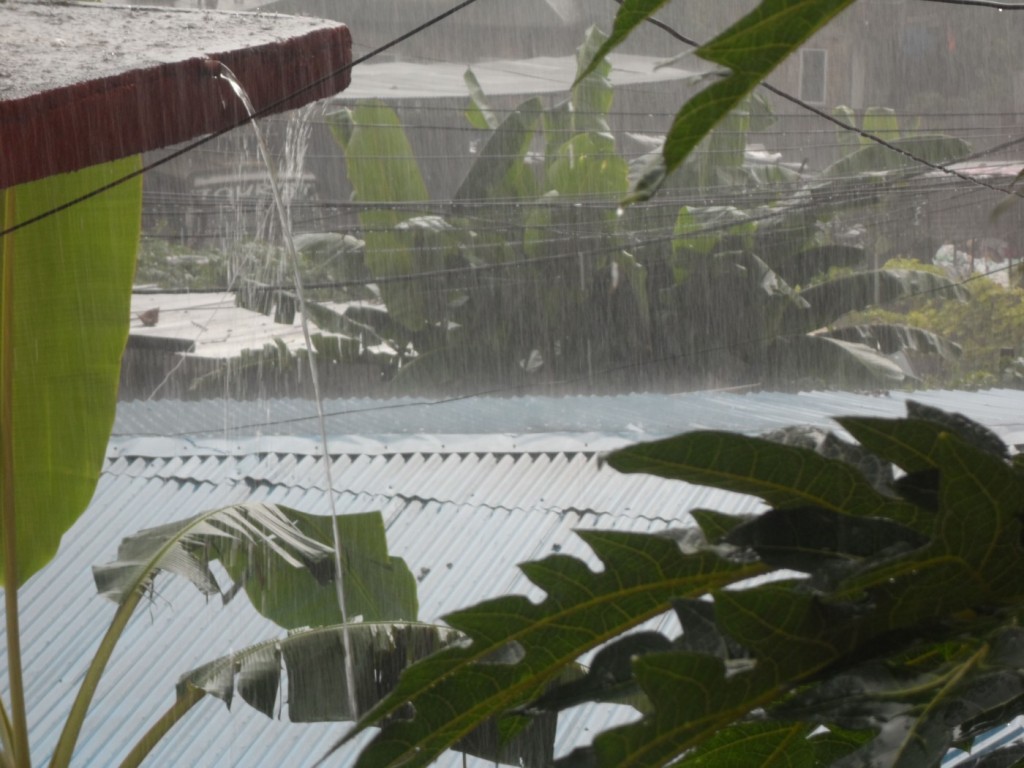
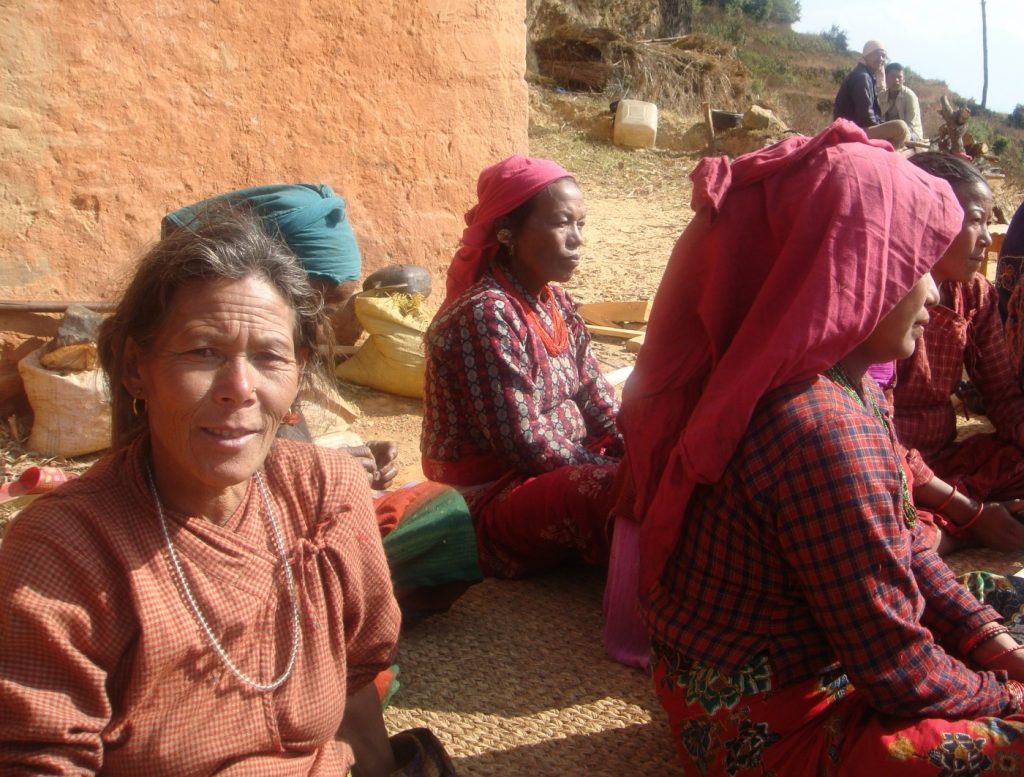












 Beyond Academia: Exploring Career Options for Early Career Researchers – Online Workshop
Beyond Academia: Exploring Career Options for Early Career Researchers – Online Workshop UKCGE Recognised Research Supervision Programme: Deadline Approaching
UKCGE Recognised Research Supervision Programme: Deadline Approaching SPROUT: From Sustainable Research to Sustainable Research Lives
SPROUT: From Sustainable Research to Sustainable Research Lives BRIAN upgrade and new look
BRIAN upgrade and new look Seeing the fruits of your labour in Bangladesh
Seeing the fruits of your labour in Bangladesh ECR Funding Open Call: Research Culture & Community Grant – Apply now
ECR Funding Open Call: Research Culture & Community Grant – Apply now ECR Funding Open Call: Research Culture & Community Grant – Application Deadline Friday 12 December
ECR Funding Open Call: Research Culture & Community Grant – Application Deadline Friday 12 December MSCA Postdoctoral Fellowships 2025 Call
MSCA Postdoctoral Fellowships 2025 Call ERC Advanced Grant 2025 Webinar
ERC Advanced Grant 2025 Webinar Update on UKRO services
Update on UKRO services European research project exploring use of ‘virtual twins’ to better manage metabolic associated fatty liver disease
European research project exploring use of ‘virtual twins’ to better manage metabolic associated fatty liver disease